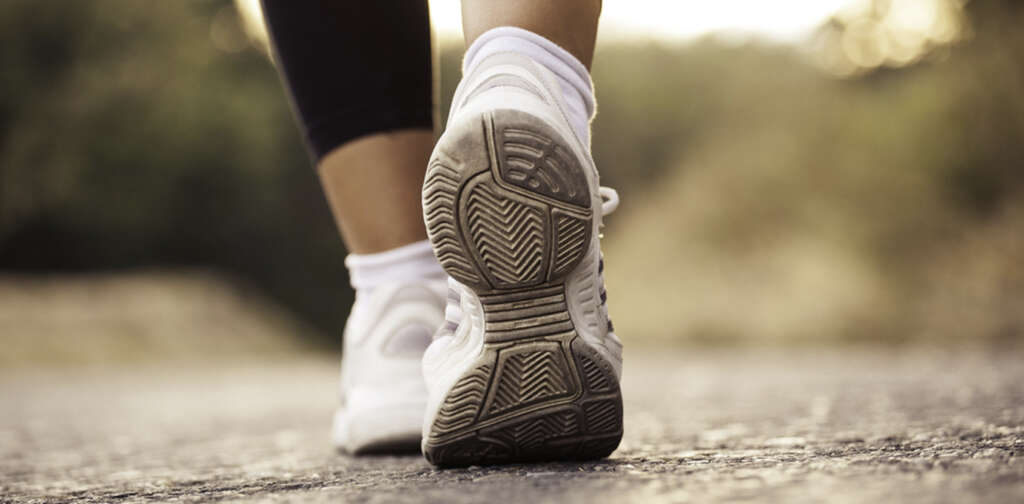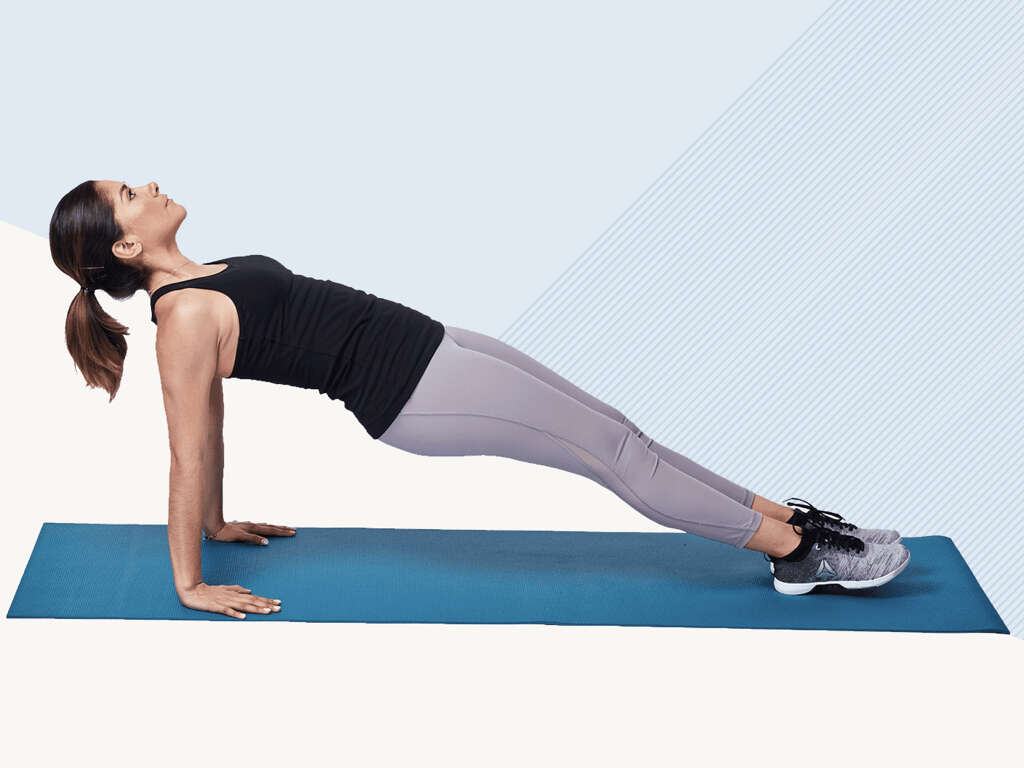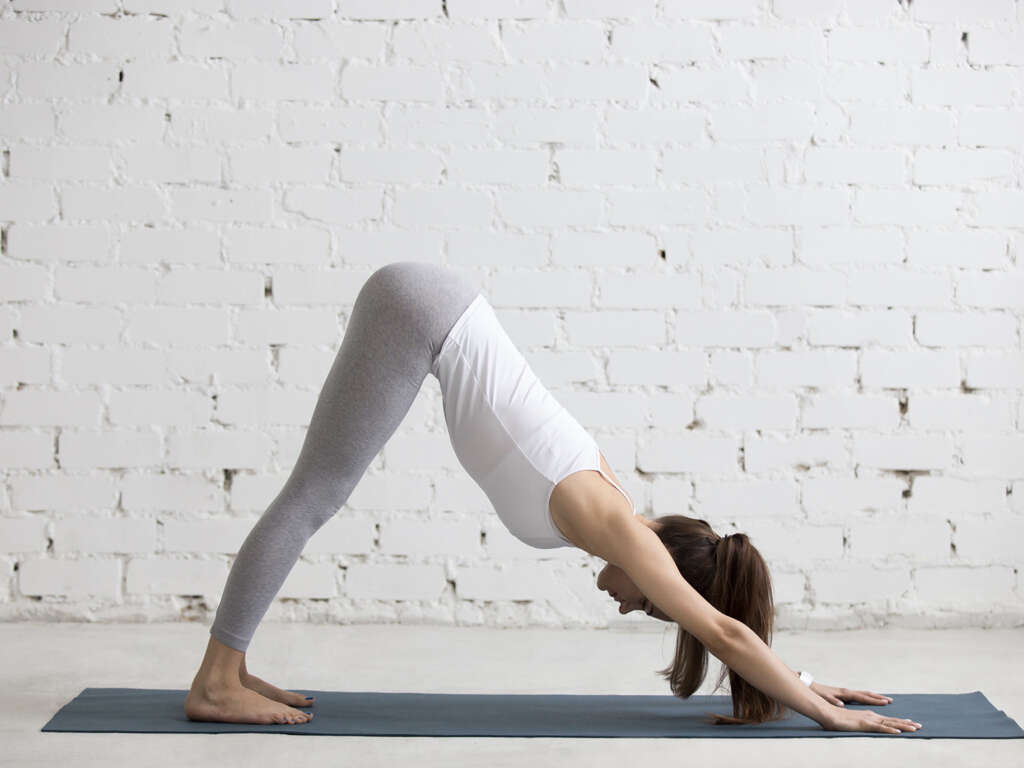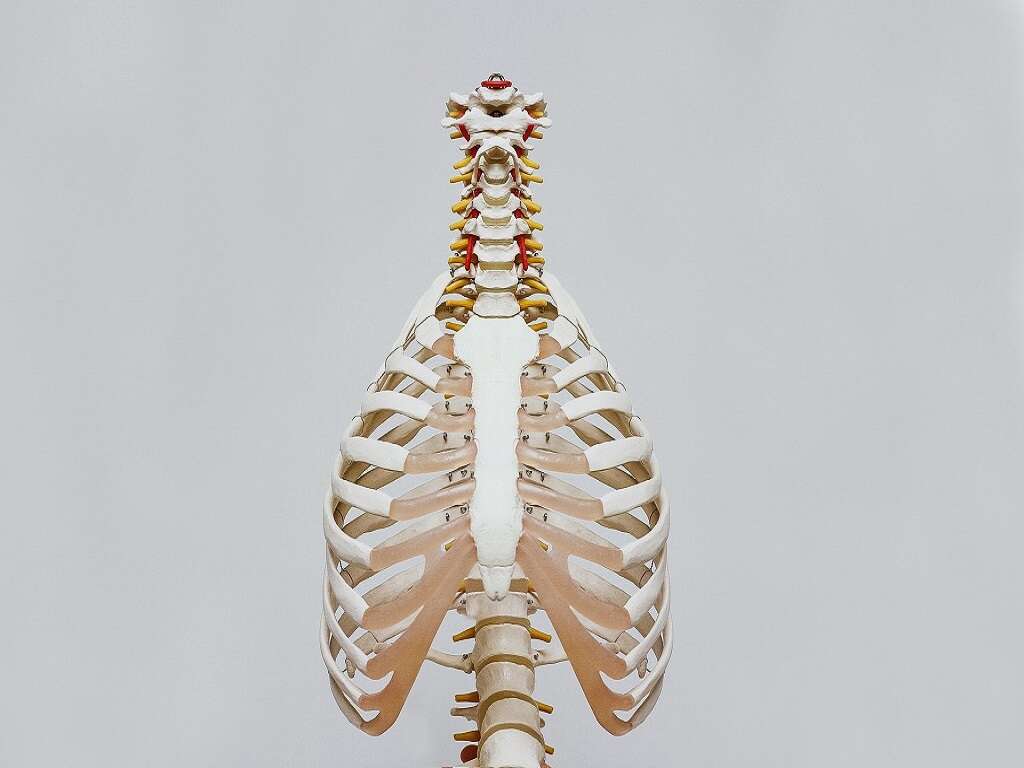Health Benefits of Walking
Walking is the most basic physical activity one can engage in. We do it all the time as we move from room to room, home to office, class to class, and so on. Not only does it let us get on with the day’s activities, but it can also have a significant impact on physical and mental health. It is considered an aerobic activity and one whose risk of injury can be greatly mitigated.
Easily accessible to those that are able-bodied, walking is something you can do whether you live in the city or a rural area. Here are some of the key health benefits that should encourage more people to make it a greater part of their day.
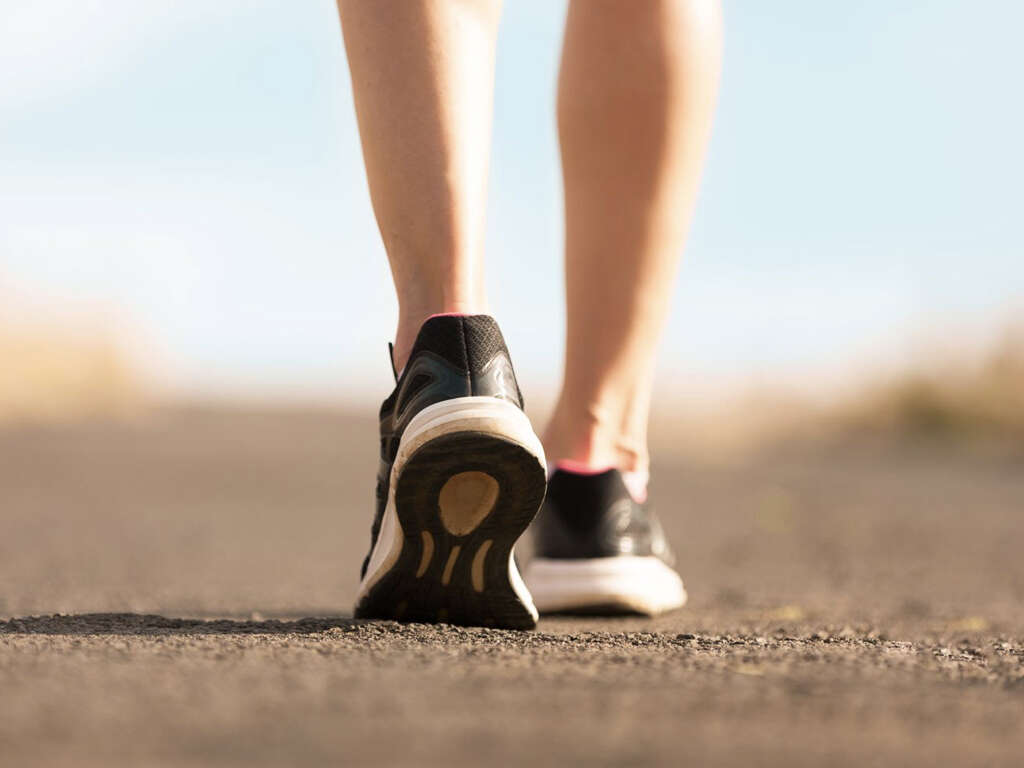
1. Improved Cardiovascular Health
For those that are at high risk of heart disease, or are already suffering from it, walking is the best way to improve their health. They can start slowly and gradually increase distance and briskness as their endurance and fitness levels improve. It is an excellent way to transition from sedentary to a more active lifestyle. The improved circulation and heart rate that is achieved will help to gradually strengthen the cardio system, lower blood pressure, and shed excess weight. Seniors are advised to walk for at least four hours a week to help reduce the risk of heart problems.

2. Weight Loss
As an aerobic activity, walking is great for helping to burn fat. Even for those that have been inactive for a long time, it is easy to adapt by starting small. Simple strategies like getting off the bus at an earlier stop so you walk a longer distance to get home, or taking the stairs as much as possible, help to add more steps and shed extra weight.
Walking can eventually graduate to running as the weight continues to be lost, and endurance and strength increase. Studies have also shown that those at risk of becoming obese can keep the fat at bay with just an hour of brisk walking a day.

3. Reduces Sugar Cravings
Processed sugars are highly tempting but also very dangerous. They can cause sharp spikes in blood sugar, increase the risk of diabetes and heart disease, and contribute to weight gain. Nutritionists and doctors highly recommend that when one has a sugar craving, that they should resist and go for a fifteen-minute walk.
This has been found to often reduce the desire for sugar-filled foods like chocolate and doughnuts, and alleviate the stress that triggered the episode. Moving helps to reduce the levels of cortisol, the stress hormone, and can promote endorphins. When you are in a better mood, there is less inclination to indulge in sweet snacks.
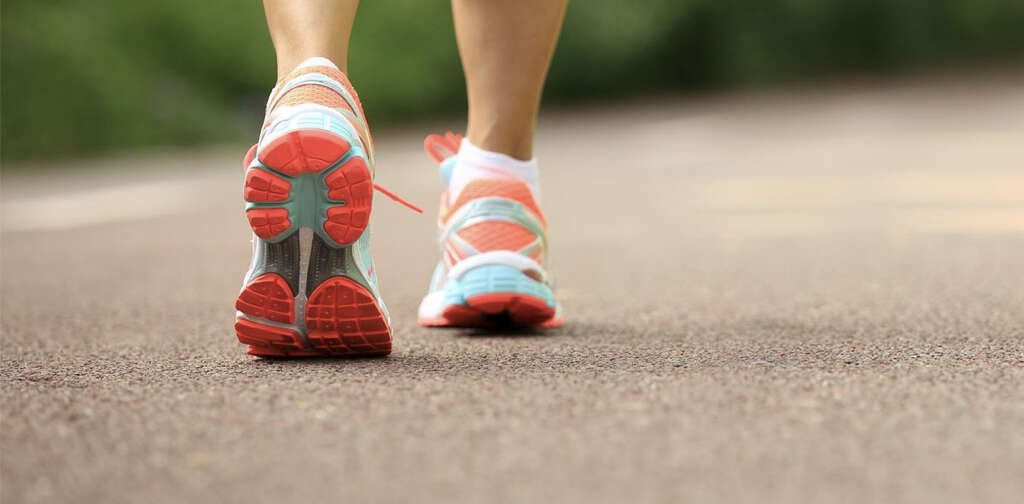
4. Reduced Arthritic Pain
Arthritis is often the reason for joint pain, which can make movement painful. Getting accustomed to walking goes a long way in protecting joints and improving bone density. Osteoarthritis is a problem that is particularly common amongst seniors who often develop it in the hips and knees.
Regularly going on walks not only helps to keep the joints working smoothly, but it also strengthens the surrounding muscle and cartilage that provide support. For those carrying extra weight, this also puts more pressure on the joints. Walking helps to strengthen these areas and ease this pressure through weight loss. It is both preventative and therapeutic.

5. Better Digestion
Walking helps to improve abdominal strength. When the core and abdominal muscles are pushed to work harder, this has a positive impact on the gastrointestinal (GI) system that lies beneath. Bowel movements become easier, greatly improving the bathroom experience for many.
When coupled with a fiber-rich diet and adequate water intake, it encourages healthy bowel movements that make it easy to clear out fecal waste. This bodily function can have far-reaching effects if not regularly and easily achieved. It can affect mood, trigger migraines, and even affect sleep. The weight loss achieved through walking, especially around the abdomen, also encourages better digestion of food. Finally, increased breathing during walking causes expansion of the diaphragm which places a massaging effect on the digestive system.

6. Boosting the Immune System
Studies have shown that walking may help to reduce the risk of developing certain conditions like heart disease and arthritis. Mobility is better preserved and mortality risk reduced. Better management of blood sugars, cholesterol, and weight is also achieved through walking.
This benefit is best achieved where high-intensity interval walk training is taken up. It has also been found that those who have a habit of walking at least twenty minutes a day tend to have stronger immune systems that make them more resistant to catching colds and flu, and even when they do, suffer milder symptoms than more sedentary people.

7. Vitamin D Production
Going out for just a twenty-minute walk during daylight hours is a great way to ensure you produce enough vitamin D. It comes from the exposure to sunlight and has many short and long-term health benefits. Vitamin D is needed for the proper absorption of calcium. Calcium is needed for bone growth, maintaining good bone density, and healing fractures.
A lack of vitamin D and calcium can cause rickets in children and fragile bones in adults. Deficiencies in vitamin D have also been linked to some cancers, heart disease, catching the flu, and depression. Vitamin D has also been found to have an appetite-suppressing effect that can aid in weight loss.

8. Stress Reduction
A walk is probably the simplest way to reduce stress. Even just ten minutes can help to boost circulation that delivers more nutrients and oxygen to cells. The increased physical activity helps to suppress stress hormones like cortisol and boost the production of feel-good hormones like endorphins, serotonin, and dopamine.
It also helps to elevate moods and reduce feelings of depression. This improved state of mental health is intensified the longer and more intense the physical activity is. However, even a short walk in the outdoors can be beneficial so try to go out whenever you are feeling down.

9. Combats Cancer
Lack of exercise and poor diet are considered key contributors to the cancer epidemic. An inactive lifestyle tends to lead to weight gain and health conditions that encourage the development of cancers, including high blood sugar and unbalanced hormonal levels. Walking is a simple way to improve fitness and reduce this risk.
Studies have shown that women who walk more than seven hours a week have as much as a 14% lower risk of developing breast cancer than those who walk three hours or less. Walking has also been found to reduce the side effects of chemotherapy for those undergoing treatment.

10. Improved Brain Function
Walking is great for improving blood circulation. When circulation is increased, it results in better delivery of nutrients and oxygen around the body. The brain works better when well supplied with this. Those that work in office environments often find that concentration and creativity are boosted when they take a short walk to relieve stress and clear brain fog.
Because this physical activity also helps to reduce cholesterol, improve cardio conditioning, and lower blood pressure, it consequently reduces the risk of stroke. The release of feel-good hormones also stimulates the growth of new brain cells. It is also interesting to note that those who exercise regularly tend to have a larger prefrontal cortex that controls thinking and memory.
